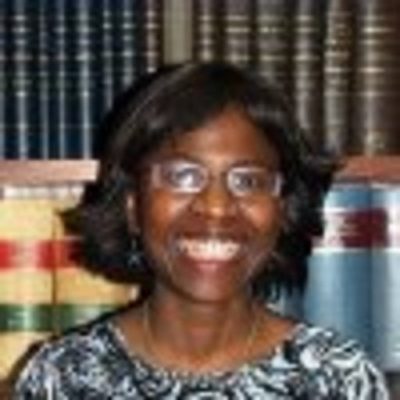This year has been extremely challenging for individuals, families and society at large. The pandemic has tragically resulted in a significant loss of lives, jobs and livelihoods. It has adversely affected the wellbeing of individuals, families, the national and global economies. The pandemic has also radically altered the way we live and relate with people.
Old wounds of racial and ethnic hostilities have resurfaced in the industrialised north this year. The world watched and heard George Floyd utter his last words, “I can’t breathe,” which sparked protests and calls for racial justice for black and minority communities in the US and in other countries in the industrialised north. The developing south has also had its fair share of ethnic and religious violence, resulting in significant loss of lives and devastation.
The state of the world demonstrates the utter failure of communities to understand that while we are different, we still share a bond of common humanity. So, as we approach the end of the year and move into 2021, how can we, as representatives of Christ, utilise biblical principles to celebrate ethnic and racial diversity and equally promote integration and common humanity?
Biblical expressions
God loves unity and diversity. The creation story in Genesis 1 demonstrates the diversity of God’s creation. Yet, the Bible also appeals for unity and integration in the church and wider society. In Psalm 133:1, the psalmist declares the beauty and delight of brotherly unity. Similarly, the Lord Jesus Christ in His prayer for His church in John 17 placed a premium on unity. Acts 2:1 also highlights the importance of unity. It is a
precursor to experiencing the fullness of the presence and power of the Holy Spirit.
The appeal for unity is still relevant today. Ephesians 4:3 encourages God’s people to preserve the unity of the Spirit in the bond of peace. This must be our guiding principle in our relationships. We must do all we can to promote and foster a sense of oneness, peace and community. This is possible if we allow the Holy Spirit to guide and lead us in all we do.
Modelling diversity
It is often said that unity in the Spirit is not the same as uniformity. The Bible celebrates diversity in unity. In 1 Corinthians 12, the church is likened to the anatomy of the human body. The human body has a variety of organs and parts which differ in size, shape and function. Yet these organs and parts must operate as one if the body is to function and thrive. Some may argue that not all parts of the body are equal or
important in functionality. While this may be true, the reality is that the body is still one and every organ no matter how small has a part to play.
Properly cared for
To demonstrate the interconnectivity of the human body, every part feels pain when one part is hurt. This is why 1 Corinthians 12 warns against the danger of not providing care and attention to parts of the body that are considered as insignificant. If the body is to function properly, all its parts must be valued and properly cared for. In celebrating diversity, this does not mean that any part of the body gets to do what it likes. To function properly, all parts of the body must remain connected to the head. Christ is the head of His body, the church. As head, He provides the church with direction, leadership and nourishment which foster true integration and unity among members.
Common humanity
The example of the unity and diversity of the human body provides us with an understanding on why the themes of respect for ethnic diversity and common humanity are key to promoting societal cohesion, integration, peace and wellbeing. In a time of increasing racial and ethnic tensions, more focus should be given to the truth that all human beings are equal. No race or ethnic group is superior or inferior to another. As the psalmist declares in Psalm 139:14, we are all “fearfully
and wonderfully made”.
Yet in recognising our common humanity, we should not ignore the uniqueness, richness and beauty of our ethnic diversity. Instead, we should celebrate who we
are and rise above ethnic tensions. Our love for God should motivate us to break down all dividing walls of ethnic and racial hostilities. Instead, we should seek to build healing walls of mutual love and understanding, and strive for a more compassionate, loving, fairer, just and equitable society.
God’s love gift
The John 3:16 blessing can only happen when we begin to value people and appreciate that we are all created in the image of God. John 3:16 shows us how much God loves all humanity. The blessing of eternal life offered through Jesus Chris is God’s love gift to everyone – none is excluded from God’s love. He invites us to accept His gift of salvation and eternal life. As we accept the John 3:16 blessing, the dividing walls
of ethnic and racial tensions and intolerance begin to crumble and melt away in the light of God’s love for us.
"To function properly, all parts of the body must remain connected to the head. Christ is the head of His body, the church."



